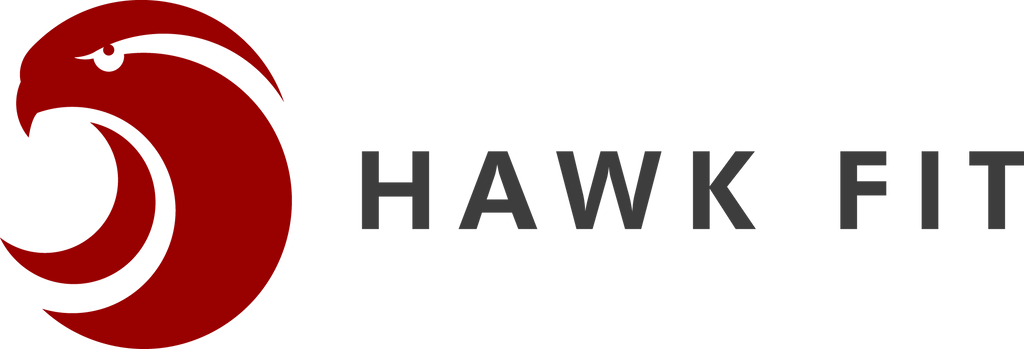Do you film your training?
Even though I can feel mechanically when something feels ‘off’ during a movement, having a visual to lean on is super valuable.
🔹Here’s why filming your sets is fundamental:
-Assessing movement competency/execution
-Biomechanical alignment
-Ensure an appropriate range of motion
-Maintaining stability and control
-Progress
Can you recall the first time you rode a bike? You start with the training wheels and eventually, you’re speeding away on two wheels. 🚴🏽♂️
Strength, control, and movement proficiency is a skill that must be cultivated, it should be progressive– you get better with it over time.
No one can reach a 500lb Squat without first mastering the basic movement pattern comfortably and pain-free. Your technique should be 'good enough' to minimize injury risk and maximize tension to the desired muscle, resulting in a lower fatigue cost- bigger bang for your buck!
🔖 If you don’t take the time to develop your ability to contract, ability to isolate, and discipline to keep working when it’s hard- as soon as you pick up a heavyweight, your execution will regress. Every poo-poo rep you do is practicing bad execution and teaching your body to take the work off the target muscle. That means less efficient and effective training sessions.
You must achieve competency in an exercise before adding intensity or complexity to it. Just like in boxing, you don't get into throwing punches until you've first learned the basic boxing stance and how to throw a proper punch.
🔹Advancing in any skill requires a foundation. Building a foundation of competency happens as a result of:
1. Finding a limited number of non-complex, basic movement patterns, and mastering them
2. Consistency > Novelty
3. Realistic expectations
4. Desire to improve
5. Patience and time
It's no wonder so many trainees get hurt or don't stick to a program they started when they go from exercising very little to trying to train like Ronnie Coleman. Keep it simple, until it needs to be complex. Once the basic structure of your program is in place, each session will then become like practice with the intent of improving. Perfection is a facade, but that doesn't mean we shouldn't try to push for *damn near* perfect- because the truth is that's how you begin the process of maximizing your progress.
Here’s a few things I think about before I get into a session:
1️⃣ Knowing the goal
(i.e. Is the goal load? Volume? Time under tension? Lactic/metabolic?)- identifying your goal going into a session will allow you to be more effective with what you’re doing in the gym.
2️⃣ What is the target muscle?- You don't have to be an expert in reciting muscle origins, insertions, and functions (more power to you if you can), but if you have a basic understanding of the anatomical structure of the body, chances are you'll train more efficiently which will ultimately lead to better results.
3️⃣ Biomechanical alignment- Anything feel out of the ordinary? The movement should comfortable (i.e pain-free, feels natural), you’re honoring the standard joint alignment cues involved with that exercise, and you should be able to execute the movement properly with a full range of motion. This will ensure you’re directing as much stress as possible to the desired tissue– the muscle!
4️⃣ Mental and physical preparation- The goal is to maximize working sets. My warm-ups are dictated by what I’m training… but some foundations like neurological stimulation, mobilizing joints, increasing core body temperature, heart rate, respiration rate, blood flow to the target muscle, apply! Mentally, to put it simply, are you focused? Ready to push yourself and improve? If you pick up a heavy load and haven’t provided yourself an opportunity to ‘get in the right space’ mentally that heavyweight will own you- or worse you earn yourself a one-way ticket to snap city.
5️⃣ How practical is it to aim for progression? Where am I in my mesocycle? This is also dependent on the context and practicality of the exercise. Ex. RDLs are probably more practical when it comes to load, or reps, rather than more sets due to the demand of the exercise. VS’s Something like a Tricep Pressdowns, reps or sets, are probably more practical than load due to a disadvantage in leverage.
6️⃣ Bonus: *cue @ronnie cole screaming* *LIGHT WEIGHT BUDDAY*


